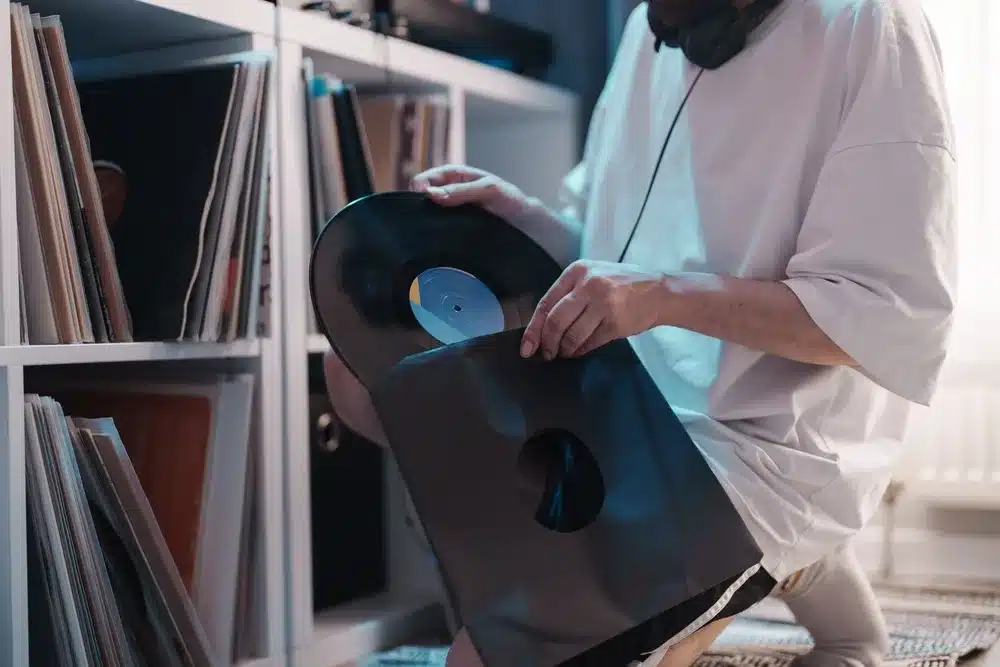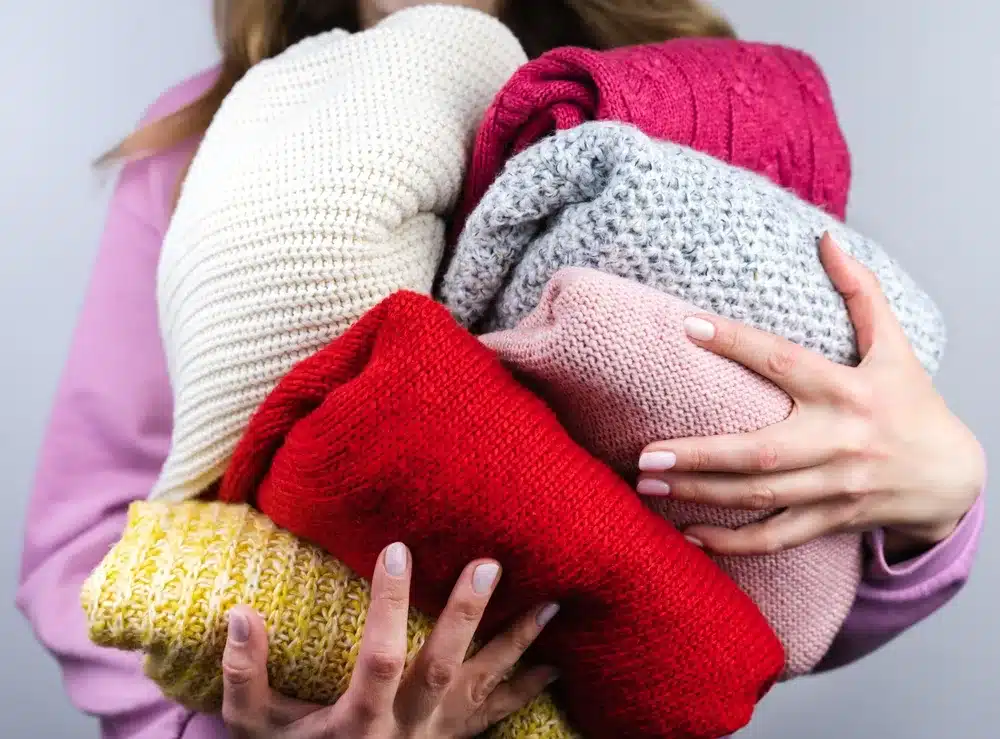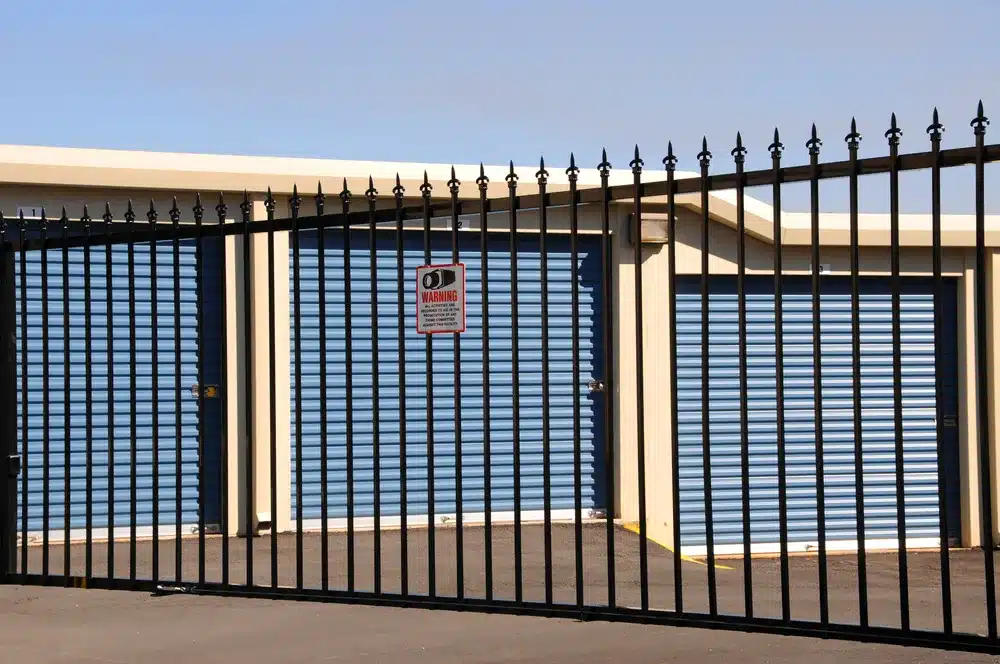By Hailey Konnath, Storage.com
As a child, you probably wondered why your family only brought out nice china for Thanksgiving or Christmas dinner. But now that you’re an adult with your own china set, you understand. Using delicate china is a tradition on special occasions, and it’s all about sentimental value. In fact, many china sets are passed down from one generation to the next, which makes each plate, bowl, and teacup more meaningful than the average dishware. It also makes using, cleaning, moving, and storing china a giant panic attack.
That’s probably why you’re so nervous about storing your antique china in a storage unit.
Whether it’s because you need temporary storage during a move, or because you don’t want to store your china in the same house as your rough-housing kids (and rightfully so), self storage is a great solution that should cause no concern. All you need is proper packing, organization, and a climate-controlled storage unit to keep your antique china in good shape for the future.
Find a Good Container and Organize China
One of the main causes of damage to china is impact (i.e., getting bumped, dropped, or scratched). That’s why finding the proper storage container and organizational method for your china before it goes into storage is extremely important.
Robert Howells, general manager at Pier 40 Self Storage in Philadelphia, Pa., advises placing china in sealed storage containers that can handle large amounts of weight. In most cases, thick plastic storage bins will do. These containers not only protect china from dirt and dust, but they’re also better than cardboard boxes, which can buckle under the pressure of china’s weight.
With large china sets, it’s best to use risers to evenly distribute the weight of your china and eliminate the chance of scratches while in a storage container. Or you can use specially-made microfiber china cases. Either way, you should never stack china on top of other china without something between each piece.
When organizing expert Bonnie Joy Dewkett of The Joyful Organizer stores china, she does exactly that. “I like to tuck a piece of acid-free tissue paper in between each plate to avoid scratching and [to] absorb moisture,” says Dewkett, whose organization solutions have appeared in Good Housekeeping and The Huffington Post.
After packing and organizing your china in a safe container, be sure to label the container as “Fragile” or “China,” especially if your china is being stored in a container that doesn’t allow you to see the contents inside. The last thing you want is to carelessly throw a container of your china around while you’re trying to get to other storage items in your unit.
Choose a Climate-Controlled Self Storage Unit
Although you can choose a standard storage unit for storing your antique china, climate-controlled storage is always a better option because it allows you to moderate the temperature and humidity levels in your unit.
Why does it matter that you can control your unit’s temperature when storing china? Well, Howells says that extreme heat and cold can cause peeling, cracking, and breakage. Even humidity can wreak havoc on your china, as too much moisture wears on the paint.
In some cases, fluctuating humidity can be even riskier if your china has dormant salt within the ceramic molding. That’s because unstable humidity above 60 percent causes the salts to dissolve and move around in the ceramic. Once dried, the salt migrates to the surface, where it becomes trapped after the moisture evaporates. This process is called efflorescence, and it warps the glaze or decorations on china until there’s a dry white film or thick, hard white crust on the ceramic.
When it comes to maintaining temperature and humidity levels in your unit when storing china, Dewkett offers this piece of advice: “If you’re uncomfortable in a space, too hot or too cold, [then] your china shouldn’t be stored there.”
All in all, if you’re hoping to pass down your china to the next generation in good condition, climate control and proper storage should be on your mind.






